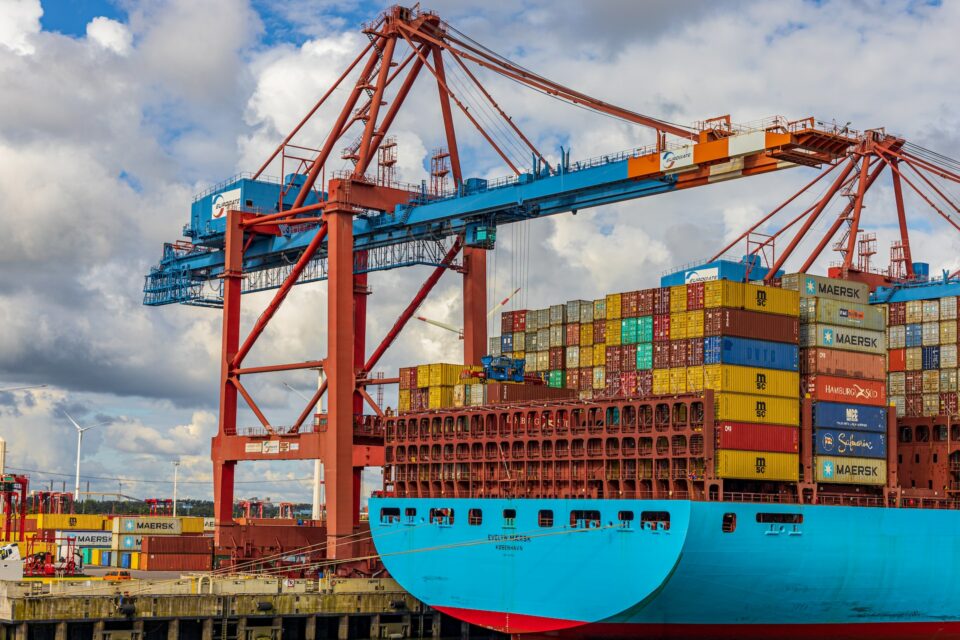There are many interconnected factors that impact the macroeconomy and businesses, from interest rates and inflation to geopolitical conflict.
This has been borne out recently, after Russia’s invasion of Ukraine precipitated a huge hike in inflation and indirectly caused central banks to lift base interest rates in response.
Of course, such challenges (and particularly geopolitical risks) are particularly challenging for international businesses, who may see multiple facets of their operation impacted by conflict, changing trade flows and cross-border inflation rises.
In this post, we’ll take a closer look at these risks and their impact, while looking at how they can be negated by firms.
What are Geopolitical Risks for Businesses?

In general terms, there are different categories and subsets of geopolitical risk, from monetary policy shifts and economic events to natural disasters, conflict and trade wars.
In the current climate, many of the most pressing risks are linked to the war in Ukraine, especially rising gas wholesale prices (and supplies) and food insecurity.
In terms of the former, Russia followed the closure of the seminal Nord Stream pipeline in July by resuming gas flows at just 20% capacity. This has already cut supply dramatically and sent wholesale gas prices soaring, while the threat remains that Russia could subsequently shut off the supply to Europe completely if they choose to weaponise their exports.
It’s also important to note that the Ukraine and Russia account for over one-tenth of all calories traded globally, while they also produce 30% of the world’s wheat exports.
So, the ongoing conflict is continuing to increase food insecurity across the globe, with costs soaring and shortages being reported even in developed countries such as the UK.
Addressing the Impact of Geopolitical Risk

If we look at the current geopolitical risks referenced above, we see that they have the potential to have a huge impact on international businesses.
For example, energy disruption and shortages have sent wholesale prices soaring, with these costs having been largely passed to the consumer in nations like the UK. What’s more, government help for businesses has been minimal at best, forcing some to absorb significantly higher energy costs as part of their ongoing operational burden.
With customers across the globe also being asked to carry the burden of increased energy and food costs, we’re starting to see consumer spending dwindle as global economies shrink noticeably.
Even though UK growth was higher than expected through Q4 2022 (the country narrowly avoided tipping into a technical recession for now), the long-term outlook remains poor, as international businesses may be required to cope with increased outgoing and diminished turnover simultaneously.
How to Negate These Risks

Before we go, we’re going to appraise the steps that you can take to negate the current geopolitical risks facing international businesses. For example:
- #1. Liaise With Consultancy Experts: The first step should always be to seek out expert advice, with business consultants (especially those with an international focus and knowledge base) able to provide insight into the most prevalent short, medium and long-term risks facing your business. This can help you to take effective and actionable steps going forward.
- #2. Use a Trifocal Lens to Assess Potential Risks: International organisations must be able to respond to geopolitical risks in real-time, and across multiple timeframes too. This requires the formation of short, medium and long-term response strategies, especially when coping with fluid circumstances and impacts such as the war in Ukraine and subsequent energy prices.
- #3. Deploy Refreshed Risk Frameworks and Guidelines: If your business is at particular risk of ongoing geopolitical instability or international sanctions (such as those aimed at Russia and vice-versa), it’s also important to carry out market-specific analysis and develop subsequent plans that are based on both corporate and risk management strategies. This helps you to navigate geopolitical risks without compromising your unique corporate goals.
